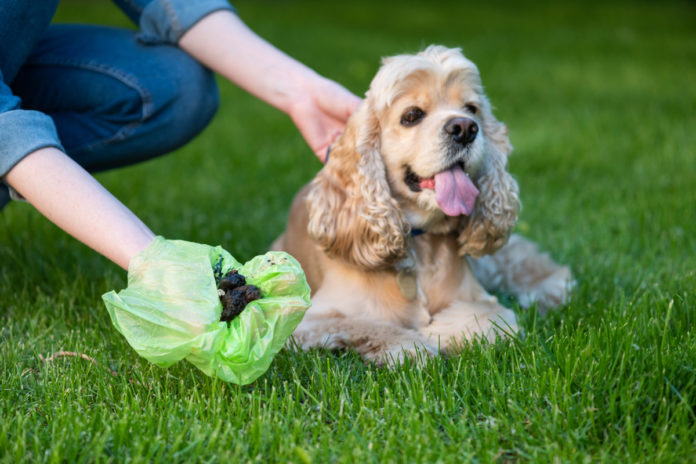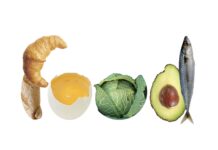My last two articles have been on smoking cessation and potluck, so why not go for the hat trick and talk about another of my pet peeves (pun completely intended)…dog poop.
As you may know from other articles, Mindy and I have two decent-sized dogs, Bella the poodle, who thinks she is a person, and Copper the rescue Chesapeake Bay mutt, who pretty much thinks he is a brown dog. They get morning and evening walks, as well as outside trips about every two hours. They consistently do their business about twice a day, occasionally less; some days they are unstoppable.
Our neighborhood has a mix of full timers, snowbirds and rentals, like most down here, and while the majority are responsible dog owners, we do have the occasional rotten egg who thinks their dog’s **** doesn’t stink. Meanwhile, our and other neighborhood dogs do what dogs do, and try to get as close to that stranger poo for a good sniff, and this is the point of today’s article.
Spoiler Alert! Dog poop has disease-causing organisms in it and is also a major contributor to water contamination. Mind-blowing scientific facts are about to be presented, hold onto your leashes.
Dogs have a tendency to get parasites, including worms (round, hook and whipworms to be specific) and also can carry other parasites like giardia or cryptosporidia. No big deal you say, around here, between the heat and the rain, dog poo breaks down quickly and disappears. Did you know the eggs from these parasites can exist in the soil for years? Nothing like walking barefoot through the roundworm egg farm, or having your toddler not wash their hands well after playing outside. For most dogs, and humans, the parasites cause GI-type symptoms – vomiting, diarrhea, weight loss (not a recommended diet), poor coat, anemia, etc. Interestingly, as humans aren’t normal hosts, the worms sometimes get confused and migrate into other tissues. Just for fun, search ‘ocular parasites’ on your favorite browser and then select images, it’s a hoot.
Dog poo, just like people poo, also contains lots of bacteria, and many of these infect humans as well. E. Coli, campylobacter and salmonella are just some of the bad actors that can be shared between dogs and humans.
Seriously though, how much poo can dogs make? Supposedly, the 70 million dogs in the U.S. produce over 10 million tons of poo annually (that’s 50+ times the amount of gold ever mined). The poo that is allowed to “dissolve” quickly enters the water table and contributes nutrients that support harmful algae, leading to fish/wildlife kills.
How do we fix this? It’s pretty easy. Make sure your pet sees the vet once a year and takes a preventive anti-parasitic; secondly, go to your local pet store, buy some biodegradable bags, and pick up your dog’s poop! Have a great week, and be healthier today than you were yesterday!
For more information, click on the following site: www.petbutler.coma


























